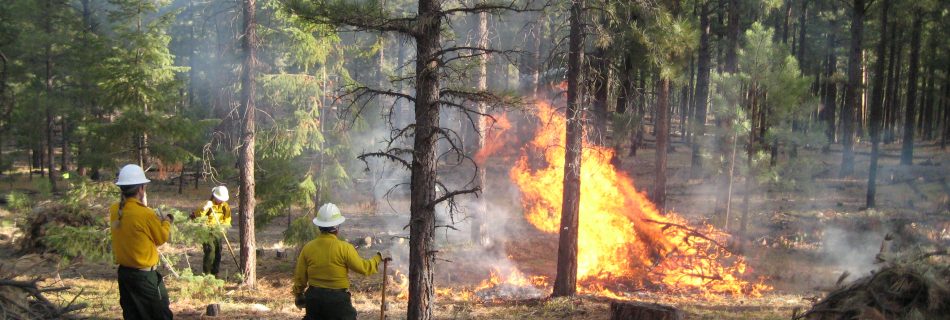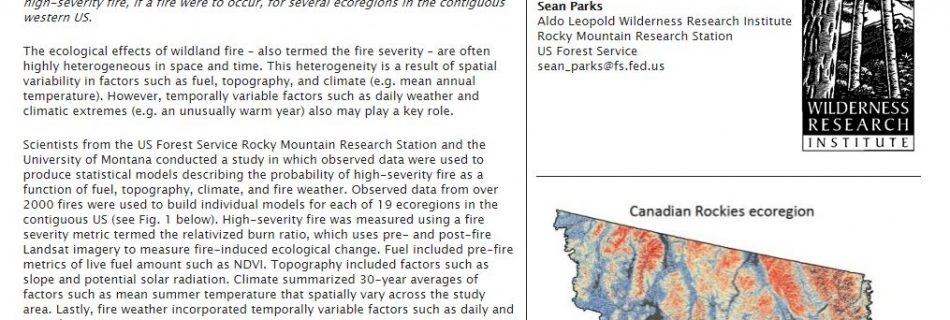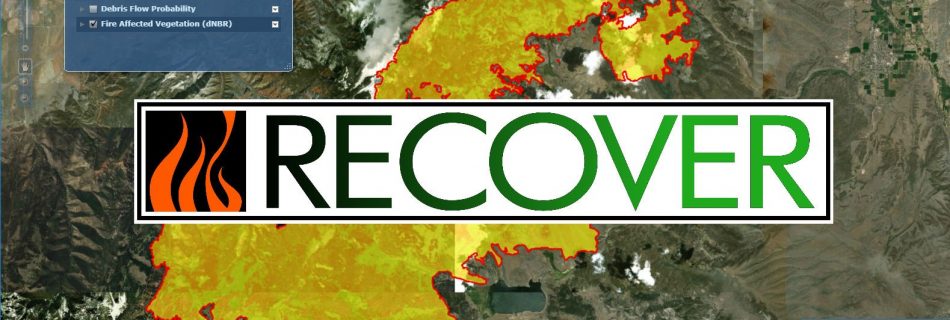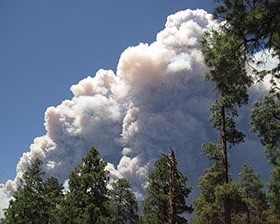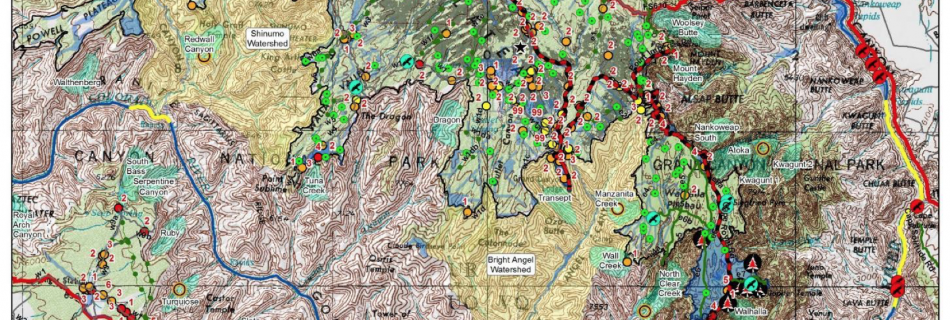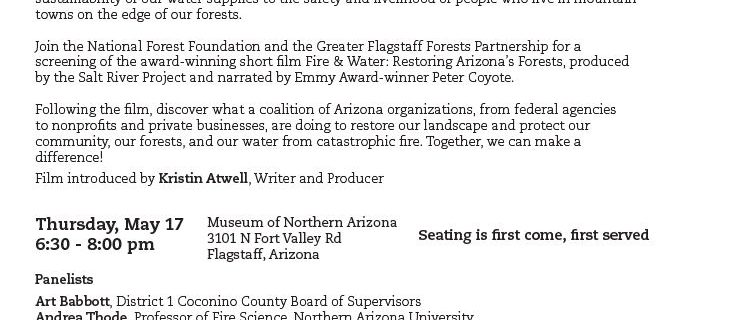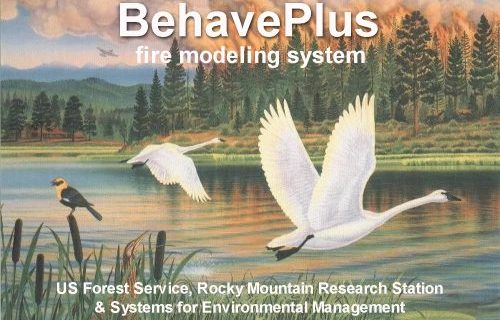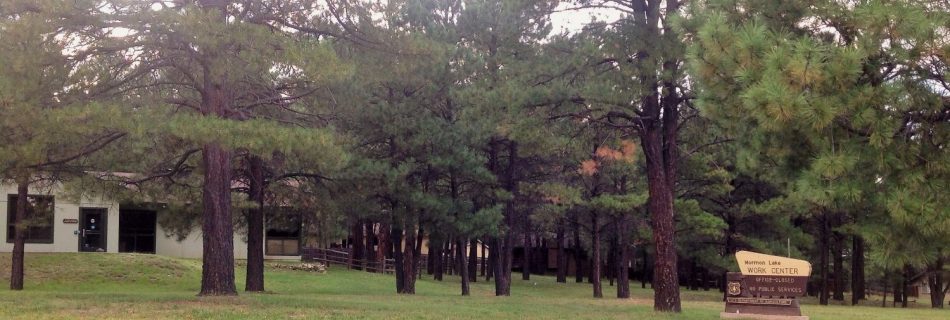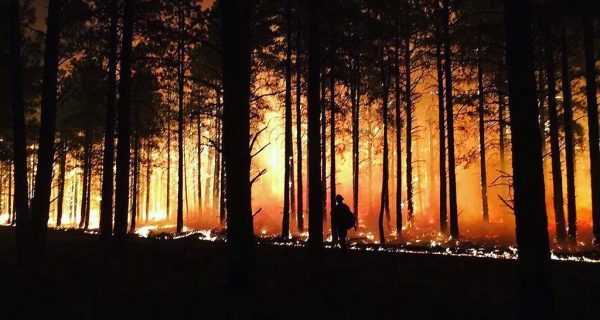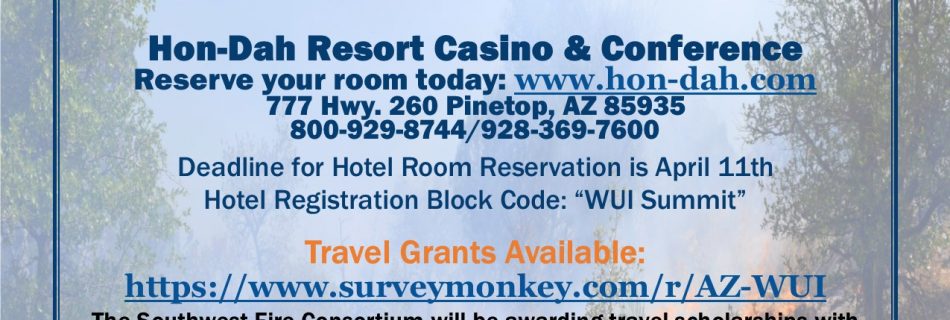November 28, 2018: Burning piles- effects of pile age, moisture, mass, and composition on fire effects, consumption, decomposition
Presenter: Zander Evans, Forest Stewards Guild Date: November 28, 2018 12pm Mountain Millions of acres of fuels reduction treatments are being implemented each year in the fire adapted forests of the US. Typical these fuel reduction treatments target small diameter trees for removal producing large amounts of unmerchantable woody material and elevating surface fuel loadings. …
